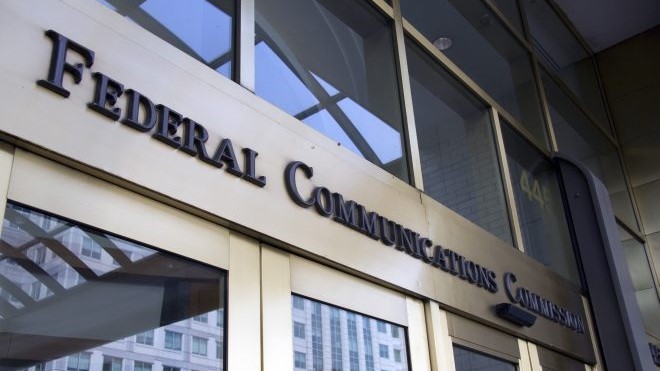
WASHINGTON—A lot has happened since the FCC began its 2018 Quadrennial Review on media ownership so the commission is asking for public input that takes into account the events of the past several years, in particular, the U.S. Supreme Court’s April decision on media ownership which reversed the Third Circuit Court of Appeal’s decision to throw out the commission's broadcast deregulation under former FCC Chairman Ajit Pai.
In a separate order responding to the SCOTUS decision, the commission also announced that it was reinstating the changes the FCC had made based on the Commission’s vote in 2017 to eliminate the newspaper-broadcast and the radio-TV cross-ownership rules; allow dual station ownership in markets with fewer than eight independent voices after the duopoly.
As a result, the Newspaper/Broadcast Cross-Ownership Rule, Radio/Television Cross-Ownership Rule, and the Television Joint Sales Agreement Attribution Rule are eliminated, and the Local Television Ownership Rule and Local Radio Ownership Rule are reinstated, the commission said.
“Given the passage of time since the prior comment period ended, as well as the subsequent litigation culminating with the Supreme Court’s recent decision, we now seek further comment to update the record in the 2018 Quadrennial Review proceeding,” the commission said.
The commission also believes that the market has evolved so quickly since it began its Quadrennial Review that it merits updating public input.
“Specifically, we seek information regarding the broadcast industry’s evolution since early 2019 and its current trajectory, including the effects, if any, of technological change, new entry, consolidation, or changing market conditions,” the commission said in its "Notice of Public Rulemaking" (NPRM). “We seek comment in particular on the further development and impact of technological advances and industry practices.”
The FCC said that in its 2018 Quadrennial Review NPRM, it had asked for public comments “on whether and, if so how, it should account for multicast streams, satellite stations, or low power television stations for purposes of the Local Television Ownership Rule.
The professional video industry's #1 source for news, trends and product and tech information. Sign up below.
“How should the increased use of these platforms, and other innovations, such as the continued deployment and use of the ATSC 3.0 transmission standard by the broadcast television industry, inform our review?” the commission asked. “What implications, if any, do these or other developments have for the Commission’s broadcast ownership rules or its core policy goals of competition, localism, and viewpoint diversity, which support those rules? Have recent industry developments altered the incentives or behavior of any market participants in ways that are relevant to this proceeding? Similarly, we seek comment on any other relevant trends that have been, or are being, observed within the broadcast industry or in related markets,” specifically how consumers are getting their news and information."
The commission also wants to know how the pandemic of the past 17 months has affected the Review. Commenting on its most recent "Communications Marketplace Report" released at the end of 2020, the FCC noted that despite decreased ad revenues for TV and radio due to the pandemic, “retransmission consent revenue earned by major station groups increased in both the first and second quarters of 2020 by nearly 20% compared to the first and second quarters of 2019,” suggesting that retransmission consent revenues for television stations “have not been meaningfully affected by the COVID-19 pandemic.”
Comments are due July 3. Electronic comments can be filed here.
Tom has covered the broadcast technology market for the past 25 years, including three years handling member communications for the National Association of Broadcasters followed by a year as editor of Video Technology News and DTV Business executive newsletters for Phillips Publishing. In 1999 he launched digitalbroadcasting.com for internet B2B portal Verticalnet. He is also a charter member of the CTA's Academy of Digital TV Pioneers. Since 2001, he has been editor-in-chief of TV Tech (www.tvtech.com), the leading source of news and information on broadcast and related media technology and is a frequent contributor and moderator to the brand’s Tech Leadership events.

